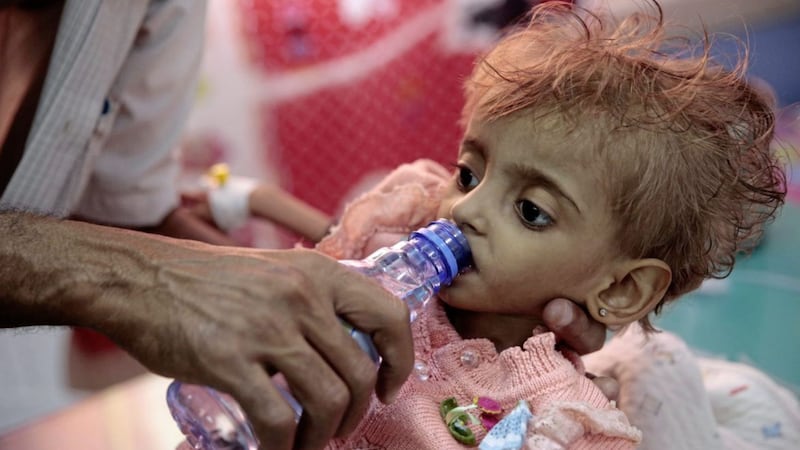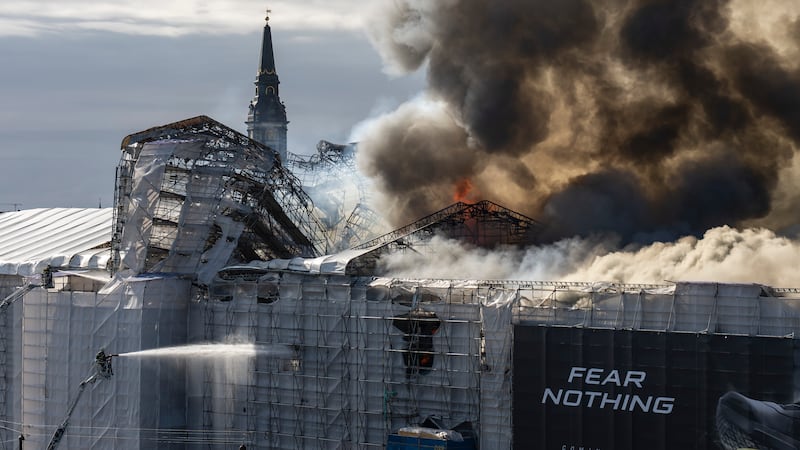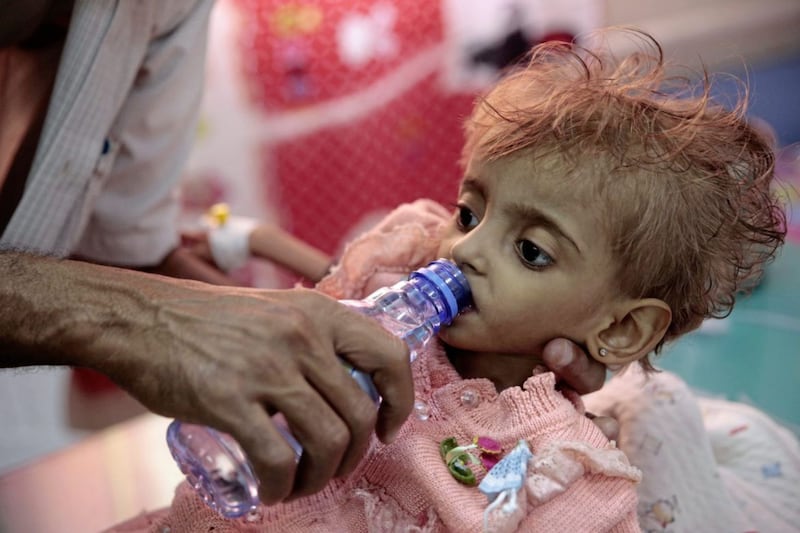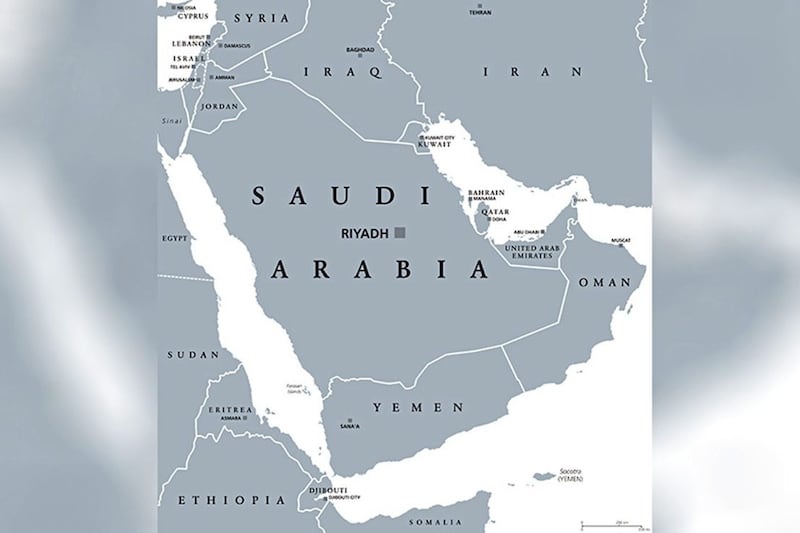Yemen's key port city of Hodeida was calm on Tuesday morning, hours after a UN-mediated ceasefire came into effect between government-allied forces and the country's rebels, officials said.
Fighting subsided as the ceasefire took effect, with only the sporadic sound of automatic weapons fire heard in the city, where the port handles about 70 per cent of Yemen's imports.
The four-year conflict pits the internationally recognised government, backed by a Saudi-led coalition, against Shiite rebels known as Houthis.
The government of President Abed Rabbo Mansour Hadi called for its forces to "cease fire in both Hodeida city and the province", also named Hodeida, according to a statement from Mr Hadi's Defence Ministry. The rebels also welcomed the ceasefire.
The agreement came during UN-sponsored talks in Sweden last week. A joint committee led by UN officers will oversee the ceasefire and the redeployment of the warring parties' forces out of Hodeida, which is controlled by the Houthis.
Regional authorities and police will run the city and its three port facilities under UN supervision, and the two sides are barred from bringing in reinforcements.
UN envoy Martin Griffith has said the committee is expected to start its work swiftly "to translate the momentum built up in Sweden into achievements on the ground".
A cessation of hostilities in Hodeida would spare Yemen a significant spike in civilian casualties since the rebels have shown battlefield resilience as much larger government-allied forces backed by air power tried for months to retake the city.
The two sides fought to a stalemate after weeks of ruinous street-to-street fighting in densely populated districts on the city's outskirts.
The war has pushed much of the country to the brink of famine. UN officials say 22 million of its 29 million people are in need of aid.
The International Rescue Committee said on Monday that its analysis showed Yemen is the country most at risk of humanitarian catastrophe next year.
"Yemen's ongoing war has led to the world's worst humanitarian crisis, which worsened in 2018 and was dominated by attacks on civilians and a breakdown of basic services that left nearly 80 per cent of the population in need. 2019 could prove to be much worse still," IRC vice-president for emergencies Bob Kitchen said in a statement.
He called for an immediate nationwide ceasefire in Yemen, saying: "All parties to the conflict must engage meaningfully in UN-led peace talks."
Last week, an international group tracking Yemen's civil war reported that the conflict has killed more than 60,000 people, both combatants and civilians, since 2016.
That figure is much higher than the UN figure of 10,000 civilian deaths, and has added to the urgency to find a political resolution.
The report from the US-based Armed Conflict Location & Event Data Project said more than 28,000 people – civilians and combatants – were killed in the first 11 months of 2018, an increase of 68 per cent from 2017.
More than 3,000 were killed in November, the deadliest month since the group started collecting data. It said 37 per cent of civilians killed in Yemen in 2018 died in Hodeida.
The figures do not include the last few months of 2014, when the Houthi rebels captured the Yemeni capital of Sanaa and much of the country's north, nor the casualties in 2015, when the Saudi-led coalition joined the war on the side of the government.
The group said it based its figures on news reports of each incident of violence in the war.





